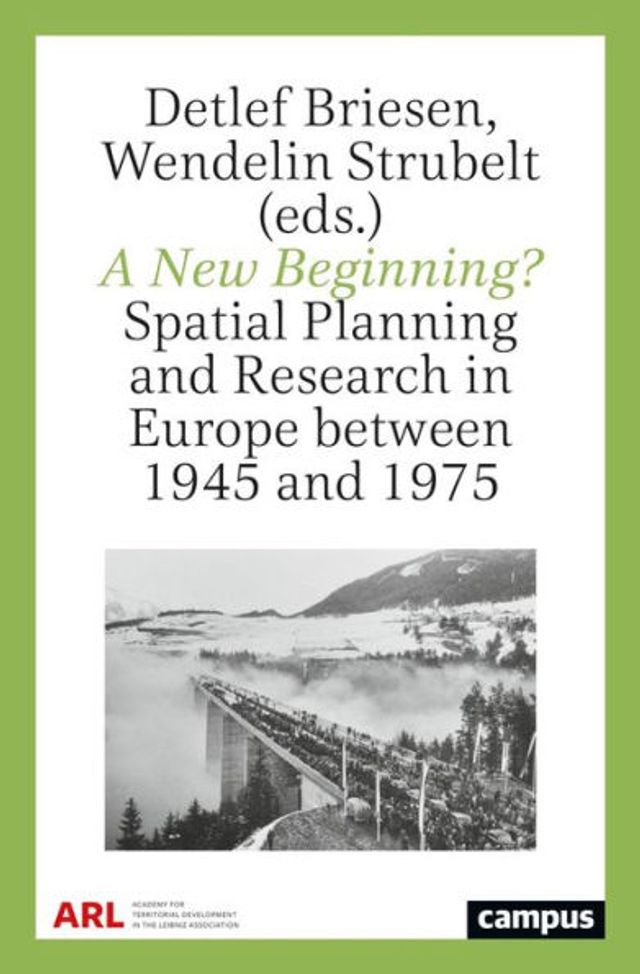Home
Britain, France and Europe, 1945-1975: The Elusive Alliance
Barnes and Noble
Britain, France and Europe, 1945-1975: The Elusive Alliance
Current price: $135.00


Barnes and Noble
Britain, France and Europe, 1945-1975: The Elusive Alliance
Current price: $135.00
Size: Hardcover
Loading Inventory...
*Product information may vary - to confirm product availability, pricing, shipping and return information please contact Barnes and Noble
Britain, France and Europe, 1945-1975
takes a fresh look at the international trajectories of Europe's premier democracies. The side-lining of Britain and France in the Cold War era, argues Adamthwaite, was preventable. A Franco-British Europe came within a whisker of realization. Condemning President Charles de Gaulle as an intransigent gatekeeper created a convenient alibi for self-inflicted missteps. UK bids for European Community membership ignored the elephant in the room - the need for partnership in a superpower age. A marriage powering the Community could have repositioned Western Europe as partner, not client of the United States.
Although perceived as a failing power, France outperformed Britain - seizing the initiative in European construction, and winning primacy in western Europe. As well as exploring sharply contrasting national experiences in the aftermath of war, the author analyses the reasons for French success. The analysis evaluates key influences: the mental maps of decision makers; leadership styles; the post-1945 international system; policy making machinery; the 'democratic deficit' in British and French politics; and public opinion. Drawing on American, British and French official records, together with private papers and interviews, this enlightening study highlights the importance of contingency and individual actors, and will be of great interest to scholars of modern European history.
takes a fresh look at the international trajectories of Europe's premier democracies. The side-lining of Britain and France in the Cold War era, argues Adamthwaite, was preventable. A Franco-British Europe came within a whisker of realization. Condemning President Charles de Gaulle as an intransigent gatekeeper created a convenient alibi for self-inflicted missteps. UK bids for European Community membership ignored the elephant in the room - the need for partnership in a superpower age. A marriage powering the Community could have repositioned Western Europe as partner, not client of the United States.
Although perceived as a failing power, France outperformed Britain - seizing the initiative in European construction, and winning primacy in western Europe. As well as exploring sharply contrasting national experiences in the aftermath of war, the author analyses the reasons for French success. The analysis evaluates key influences: the mental maps of decision makers; leadership styles; the post-1945 international system; policy making machinery; the 'democratic deficit' in British and French politics; and public opinion. Drawing on American, British and French official records, together with private papers and interviews, this enlightening study highlights the importance of contingency and individual actors, and will be of great interest to scholars of modern European history.


















